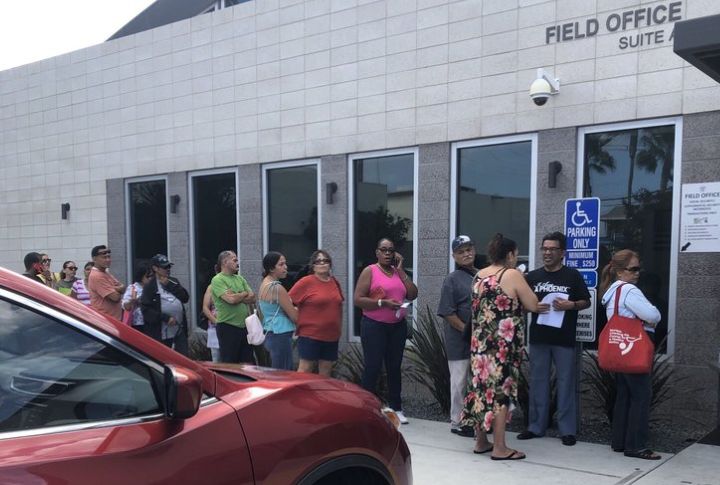
Converting to a Roth seems like a smart play—pay taxes now, skip them later. But the fine print matters. One wrong move can raise your tax bill or cancel out key benefits. The ten examples that follow illustrate how good intentions intersect with real-world costs and why timing and strategy are just as important as the goal.
You’re In A High Tax Bracket Today

Roth conversions are taxed as ordinary income the year they happen, so if you’re earning big now, the tax hit is heavy. A $100,000 conversion could cost $37,000 upfront. Add in extra taxes and lost deductions, and the timing may be unfavorable.
You’re Close To Medicare Enrollment

A $60,000 conversion at 63 might raise your Medicare bill by $1,500 annually when you hit 65. Since Medicare premiums are based on income from two years earlier, this kind of tax move can quietly cause trouble. Crossing into IRMAA territory means costly monthly surcharges.
You Rely On ACA Health Insurance

Although the American Rescue Plan softened the blow, higher incomes can still quickly and painfully erase ACA subsidies. A $26,000 conversion can result in a retired couple losing $12,000 in premium credits. That’s because Roth conversions raise reported income, even when no cash enters your bank account.
You Don’t Have Cash To Pay The Taxes

Using IRA funds to pay the conversion tax defeats the purpose of the IRA. You shrink what enters the Roth and may trigger a 10% penalty if you’re under 59½. Worse, that withdrawal boosts your taxable income, which means you’re taxed more just for accessing your own money.
You’re Planning Major Charitable Giving

Roths don’t allow qualified charitable distributions, unlike traditional IRAs, which do, and these distributions count toward required distributions tax-free. Converting eliminates that benefit. A $20,000 QCD saves tax when given from a traditional account. For those over 70½, it may be wiser to keep the giving tool intact.
You’re Near Retirement And Expect Lower Income

A worker earning $150,000 would owe 24% on a $30,000 conversion. In contrast, a retiree making $40,000 only pays 12%. Roth conversions often make more sense during lower-income years. This pre-RMD, pre-Social Security window is a key chance to lower your lifetime tax bill through smart timing.
You’re Under Age 59½ And Need Access To Funds

Each Roth conversion comes with its five-year timer. Withdrawing money early may result in a 10% penalty, even if it was originally invested after tax. For example, a 55-year-old who converts $40,000 must wait until 60 to access it freely. Roths favor long-term planning, not quick cash access.
You’re Already Taking Social Security

Modified Adjusted Gross Income (MAGI) determines how much of your Social Security is taxable. A $25,000 Roth conversion could push MAGI high enough to tax $10,000 of your benefits. This “tax torpedo” is why conversions should be timed carefully or finished before claiming Social Security.
You’re Planning To Move To A No-Income-Tax State

If you’re relocating soon, waiting could save you thousands of dollars. Converting $100,000 in California might cost $9,300, while doing the same in Florida could cost nothing. That’s because states like California and New York heavily tax conversions, but Florida and Texas offer a much gentler approach.
Your Heirs Are In Lower Tax Brackets

A child in the 12% bracket pays far less than you would. Leaving traditional IRAs intact might save more overall if your heirs fall in lower tax brackets. The ten-year withdrawal rule still applies, but lower tax rates could make the inheritance easier for them.
